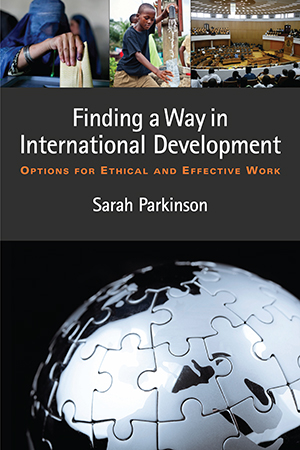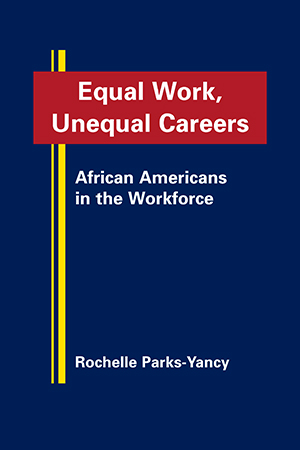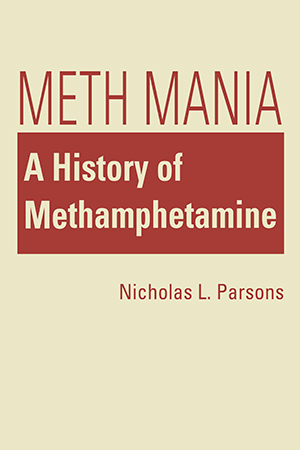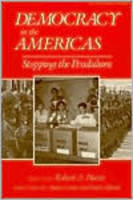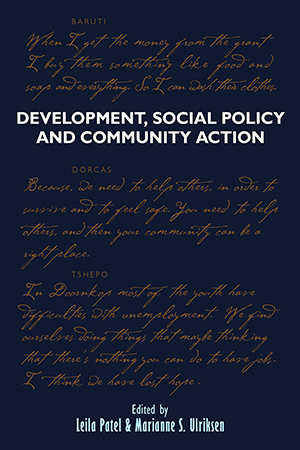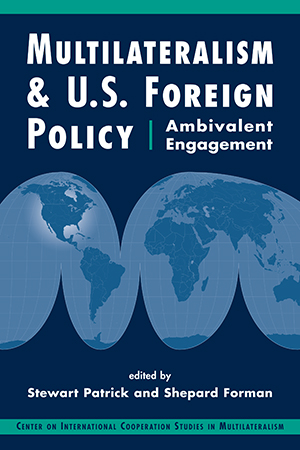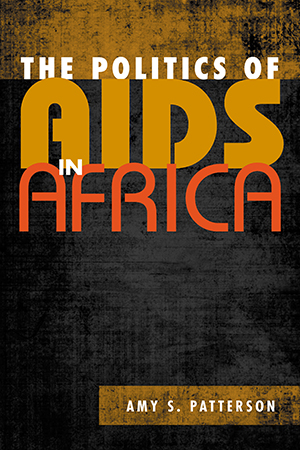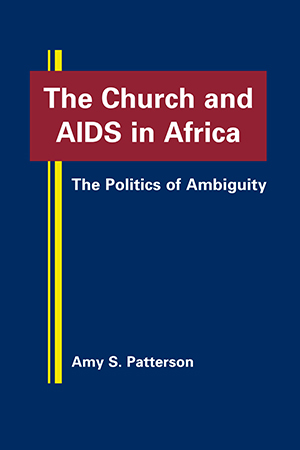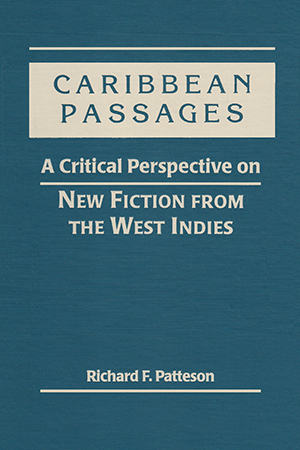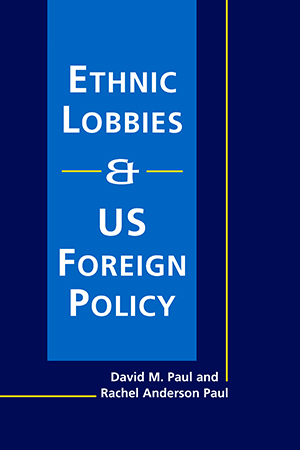BOOKS
Despite the labyrinthine bureaucracies, frustrating inefficiencies, and disorienting complexities of the "development business," many individuals and groups find their way through More >
Why do some people get ahead in the workplace, while others, equally qualified, fall behind? Rochelle Parks-Yancy uses the experience of African American workers across the US to reveal how More >
Ice. Methedrine. Crank. Crystal. Whatever its guise, the social and political contexts of methamphetamine share a certain uniqueness. Nicholas Parsons chronicles the history and mythology of More >
Prominent scholars explore in this work the meaning of democracy and, looking at factors internal and external to the region, find clues as to why democracy has in the past failed in many More >
Solutions to poverty and inequality are often designed, implemented, and evaluated in a top-down manner. The authors of this book turn things around, using a range of research approaches to More >
When should the United States cooperate with others in confronting global problems? Why is the U.S. often ambivalent about multilateral cooperation? What are the costs of acting alone? These More >
Why do some African states commit more effectively than others to the fight against AIDS? How do power inequalities and decisionmaking institutions shape Africa's ability to combat the More >
Situating her analysis squarely within the context of debates about the role of religion in African politics and society, Amy Patterson systematically analyzes the efforts (and sometimes More >
Offering a critical perspective on new fiction from the West Indies, Patteson concentrates on five writers from diverse backgrounds and with differing perspectives and artistic strategies, More >
Dozens of ethnic groups work determinedly to achieve specific policy goals in Washington, but to what degree do they actually wield power? Which groups are the most influential, and why? More >



